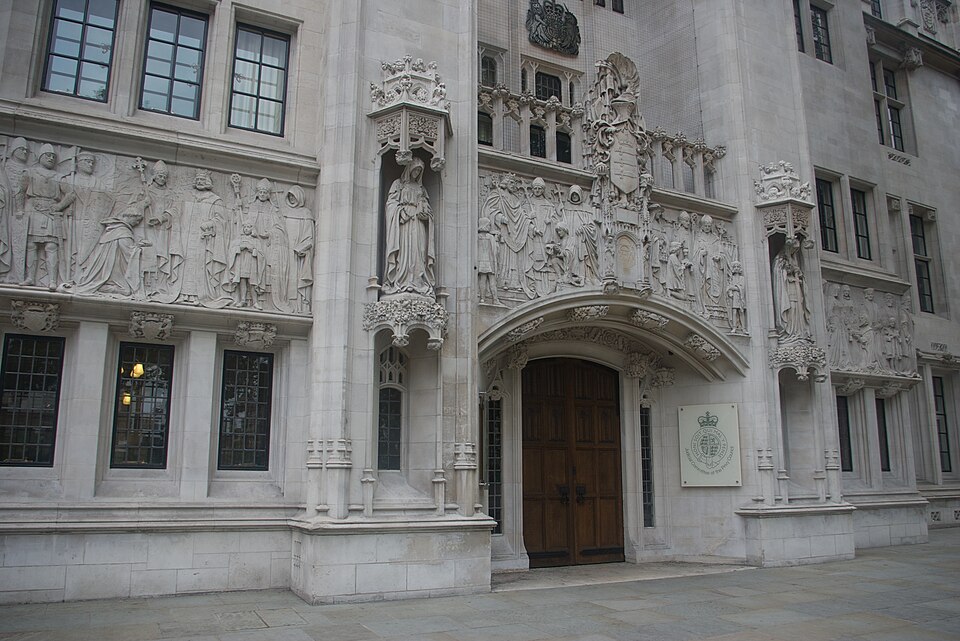
Uber has suffered a significant legal setback after the UK Supreme Court dismissed its appeal in a case concerning whether rival private-hire taxi operators should be subject to a 20% Value
Added Tax (VAT) charge on their profit margins.
The unanimous ruling, handed down on Tuesday, upholds an earlier decision and clarifies the legal relationship between private-hire operators and their passengers. Uber had sought a declaration that such operators effectively enter into a contract with passengers for each journey, a classification that could have triggered the additional VAT charge.
Last year, London’s High Court had ruled in Uber’s favour on the matter. However, the Supreme Court has now rejected Uber’s arguments, confirming that, outside of London, private-hire operators do not form a direct contractual relationship with passengers. This distinction is crucial because it determines whether these operators are liable to collect and pay VAT on their profit margins.
The case highlights ongoing tensions within the UK’s ride-hailing and private-hire industry. Uber, which already operates under tighter VAT obligations after previous legal challenges, had hoped that the ruling would create a more level playing field with its competitors. Rival operators, many of whom operate smaller fleets and on thinner margins, argued that being forced to pay VAT on each fare would harm their ability to compete.
The decision means that private-hire firms operating outside of London will continue to be taxed differently from Uber, which in 2022 was required to change its business model and start collecting VAT on fares. That ruling stemmed from another landmark Supreme Court judgment that found Uber drivers should be classified as workers rather than self-employed contractors.
The latest judgment could have far-reaching implications for the sector, as it effectively maintains a disparity in the tax obligations faced by Uber and other private-hire firms. Industry observers note that the ruling may also influence how future regulatory reforms are structured, particularly as the government continues to assess how to modernize the rules governing app-based transport services.
Uber has not yet commented on the outcome of the case, but it is expected to renew its calls for a standardized approach to taxation across the industry, arguing that inconsistent rules harm competition and confuse passengers. Photo by Tom Morris, Wikimedia commons.




































